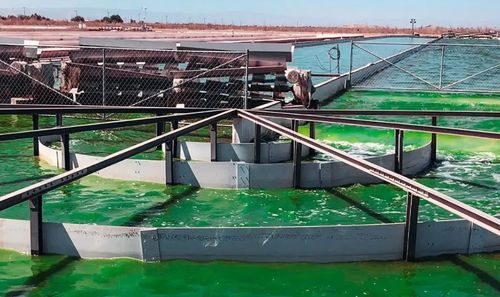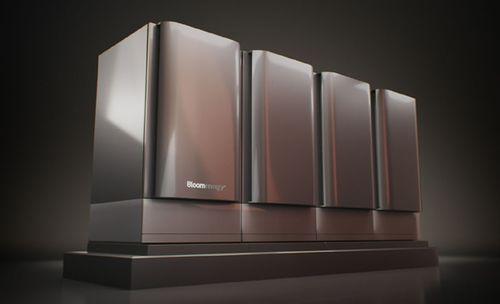Macquarie Asset Management’s investment into green nitrogen developer Atlas Agro gives the manager a stake in the company along with the ability to invest in the developer’s projects.
The $325m investment, made via the Macquarie GIG Energy Transition Solutions fund, will benefit Atlas Agro’s previously announced fertilizer plant project in Richland, WA, and will also support the company’s global pipeline of green fertilizer facilities, according to William Demas, head of Macquarie Asset Management Green Investments in the Americas.
In addition to the 700,000 tons-per-year Richland project, Atlas Agro is pursuing a project in Minas Gerais, Brazil that will produce 500,000 tons per year. Both projects would make nitrate fertilizer and are estimated to cost $1bn. An additional facility is planned for the US Midwest.
In the production process, the plants utilize air, water, and renewable electricity as the only raw materials.
“There are a number of things that attracted us to Atlas Agro,” Demas said in response to written questions. “They have a strong management team with an established track record managing established companies and delivering projects in the fertilizer space.”
The GIG Energy Transition Solutions fund has a target size of approximately $1.9bn, which to date is just over 50% committed, according to a source familiar with the fund.
Next phase
Equally important for the Atlas investment, Demas added, is that the company is aligned with Macquarie’s next phase energy transition thesis in the US – in this case hydrogen.
“In this application, green hydrogen will be used as a feedstock rather than as an energy carrier, and the end-product of green fertilizer will attract customers looking to enter into long-term offtake contracts,” he said.
Through the development of plants in Washington state and the US Midwest, Atlas Agro is seeking to take advantage of favorable logistics to displace the need for imported fossil-fuel based fertilizer. Brazil also imports around 95% of its nitrogen fertilizers, according to Atlas.
“An important benefit of Atlas Agro’s model is the availability of locally produced, high-quality fertilizer, eliminating many of the issues associated with international supply chains,” Demas said, noting that offtakers are local to Atlas Agro’s operations.
Further, Macquarie and Atlas plan to pursue a project finance model for funding the projects under development.
“As an infrastructure investor, we focus on opportunities that are bankable, which means, ultimately project financeable,” Demas said. “We backed Atlas Agro because we believe their approach to project development, commercialization, construction and operations aligns with our views on how to underwrite infrastructure investments.”






